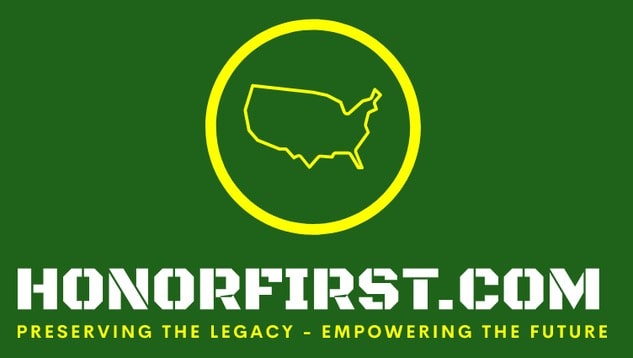February 19 - February 25Intro Border Patrol Agent John Leslie's Newton-Azrak Award Statuette Border Patrol Agent John Leslie's Newton-Azrak Award Statuette Good morning! Welcome to another This Week in USBP History! The U.S. Border Patrol's Values (Part 1) What are the Patrol's values? Do you know? I guess the first thing that comes to mind is the Patrol's motto, Honor First. But what does that mean? Where is it defined? In the collection of What's Important Now (W.I.N.) videos produced by the Academy, it was a common question to ask the interviewee, with each person giving a different answer (see all of the W.I.N. videos here). Certainly, the Patrol's values cannot be based upon the foundation of an undefined term, right? If every employee is free to define Honor First as they wish, inevitably troubling inconsistencies will emerge. From my experience, those inconsistencies are manifested through individual and organizational self-interest and/or complacency. Some examples that I've personally witnessed are:
Remember the question, "What are the Patrol's values?" Does the Patrol value Honor First as just a phrase or as a cultural value? HonorFirst has a page to define Honor First. Below is that definition: Honor First is the United States Border Patrol's motto and is an important part of its tradition and culture. It reflects upon the value of integrity that is shared by the organization and its members. Synonyms for integrity; honesty, good character, principle, ethics, morals, righteousness, virtue, decency, fairness, sincerity, truthfulness, trustworthiness - added together equal honor. Honor First, both organizationally and individually, can be simply described as having integrity while constraining behaviors and actions to the boundaries defined by laws, regulations, directives, policies and rules, even when difficult to do so. Organizations and individuals that embody Honor First may inadvertently bump against those boundaries and will immediately self-correct. Organizations and individuals that do not embody Honor First, that have questionable integrity, will push against those boundaries without self-correcting. Admittedly, the definition is heavy on compliance to higher levels of authority, which I tent to completely support. Of course, let me say that 100% agreement may be a rarity and that disagreements must be remedied through the appropriate channels. So, I would present that the Patrol would benefit by defining Honor First and providing concrete guidance to the foundational "watchword" of the organization. Such a definition would inevitably help to improve organizational culture and solidify USBP values. What is the origin of "Honor First? Based on an Immigration Service index reference from 1929, coupled with the 1927 Commissioner General's report to the Secretary of the Department of Labor, it is believed that the motto originated in the El Paso District (which encompasses modern day Tucson, El Paso and Big Bend Sectors) sometime in 1926. The excerpt from the 1927 Commissioner General's report is the earliest use of "Honor First" that has been found. The report covers July 1926 - June 1927 (FY27). The border patrol is a young man's organization; it appeals strongly to the lover of the big outdoors—the primeval forests, the sunparched deserts, the mountains, and the plains; the business upon which it is engaged calls for manhood, stamina, versatility, and resourcefulness in the highest degree. "Honor first" is its watchword; privations and danger but serve as a challenge which none refuses. Unfailing courtesy to all, and helpfulness to the helpless in distress, are emphasized above every other requisite. These young men are proud of their jobs—proud of their organization—with a code of ethics unsurpassed by any similar organization of this or any other day. In the three short years of its existence it has created a priceless store of traditions. The pride of these men in their organization is equaled only by the pride and esteem in which they are held by the communities in which they operate. Spontaneous testimonials of this esteem are being constantly received by the bureau. To an almost unbelievable extent the border patrol is self-governing. Its members must be left largely to their own devices and upon their honor. The weight of popular disapproval of his fellow officers is more potent with the erring one than all the printed regulations humanly possible to devise. The uniform is sacred; it not only symbolizes authority, the law's majesty and all the power of the Federal Government, but it entails obligations upon the wearer in the way of deportment which are intuitively recognized and scrupulously observed. In an El Paso District Selection Letter from 1930 that was given to newly hired Border Patrol Inspectors, Honor First was given as an organizational value and as its watch-word. Those new hires were instructed to "RESIGN NOW" if they could not live up to the concept. The Border Patrol trademarked the phrase "Honor First" on August 17, 2010 and renewed the trademark October 7, 2019. This week we start in 1904, when Jeff Milton was recommended for the position of a Chinese Inspector. In 1930, SPI Cone killed Pedro Rodriguez, which resulted in the recommendation to replace Colt revolvers with .45 caliber automatic pistols. Lastly, in 1993, a bill was proposed to separate the U.S. Border Patrol from the INS and make it a separate agency under the Department of Justice. Plus more! We celebrate the heroism of 1992 Newton-Azrak Award recipient Senior Patrol Agent Jesse Collins. We remember Border Patrol Agent John R. McCravey on the anniversary of his death. Enjoy and have a great week! Cliff PS -
ESPRIT DE CORPSThe workplace climate resulting from a combination of organizational pride and employee morale.
Esprit de corps is reinforced through the shared goals, mission and values of the organization and its employees. The definition turns Esprit de Corps into a simple formula and defines parts that comprise organizational pride and employee morale. Esprit de Corps = Organizational Pride + Employee Morale Esprit de Corps is the key to a healthy organization and engaged employees. Honor First is foundational to the Border Patrol's organizational pride and integral to its Esprit de Corps. DOCUMENTS AND EVENTS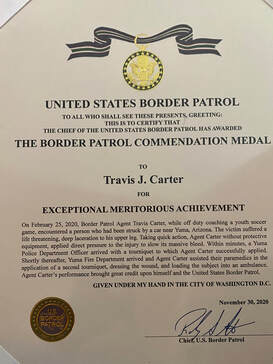 USBP Commendation Medal Certificate for Travis Carter USBP Commendation Medal Certificate for Travis Carter 1904
1928
1930
1932
1956
1993
2020
NEWTON-AZRAK AWARD ACTION ANNIVERSARIESFollow this link to see examples of USBP employees Upholding Honor First.
1992 Jesse Collins Senior Patrol Agent Marfa Sector On February 20, 1992, Senior Patrol Agent Jesse Collins voluntarily risked his own life and exhibited extraordinary courage rescuing a 15-year-old girl. The girl was speeding in a car when she lost control and the car plunged into a small, deep lake, with a water temperature of 35 degrees. When Agent Collins arrived, one Texas Department of Public Safety officer who had entered the water was struggling and having difficulty staying afloat. Agent Collins went into the lake and assisted the DPS officer to shore. He then went back into the lake and rescued the young girl from the sinking vehicle. In frigid waters, Agent Collins moved behind the helpless girl and pushed her toward the bank. After a number of pushes, each one resulting in Agent Collins going under water, they neared shallow water and a Texas police officer helped bring the girl out of the water. U.S. BORDER PATROL FALLEN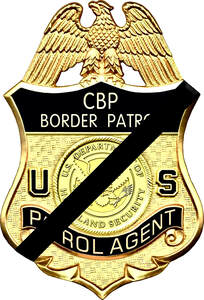 U.S. Border Patrol Badge with a Mourning Band U.S. Border Patrol Badge with a Mourning Band As of December 7, 2022, the U.S. Border Patrol has suffered 153* fallen. Titles:
The names that appear below hold a place of honor. They have made the ultimate sacrifice in an effort to fulfill the oath each officer took to protect and defend the United States of America. The facts regarding each officer are presented without major editing of the "language of the day" found in the reports detailing the circumstances of each event. This is done to provide the reader an association with historical timeframes. Employees who died in the line of duty due to being exposed to deadly illnesses will not have the cause of death listed. I will note that Border Patrol Agent John Charles Gigax is not recognized as officially fallen by Customs and Border Protection or the U.S. Border Patrol. The Border Patrol Foundation and the Border Patrol Museum also fail to recognize him. He is remembered by all except organizations containing "Border Patrol" in their title. He is remembered by the:
The U.S. Border Patrol, the Border Patrol Foundation, and the Border Patrol Museum should fix their oversight. HonorFirst.com remembers and lists Agent Gigax among the fallen. 1987
John R. McCravey Date of Birth: September 10, 1950 Entered on Duty: September 9, 1985 Title: Border Patrol Agent End of Watch: February 23, 1987 Details: On February 20, 1987, Agent John R. McCravey was sign cutting near Highway 98, east of Calexico, California. He joined a vehicle pursuit that involved an automobile suspected of transporting a group of smuggled aliens. The driver of the fleeing vehicle turned south on a dirt road leading back to the All American Canal, which serves as a boundary between Mexico and the United States. The billowing dust cloud made by the fleeing vehicle prevented Agent McCravey from clearly seeing the road. The reduced visibility may have contributed by diminishing his perception and reaction time, which affected his ability to react to a change in roadway grade and a turn in the road. Agent McCravey lost control of his vehicle, which overturned and rolled into the All American Canal, where it became submerged upside down. Fellow officers and farm workers successfully removed Agent McCravey and the three illegal aliens he had arrested prior to getting involved in the pursuit from the vehicle. He died three days later in a San Diego, California hospital. Gravesite
Comments
|
Clifford GillBlog author, retired U.S. Border Patrol Assistant Chief and, current U.S. Border Patrol employee advocate. Ray HarrisSite founder and owner, former Supervisory Border Patrol Agent and retired Immigration Special Agent. Joseph BancoU.S. Border Patrol historian and retired Deputy Chief Patrol Agent. Archives
July 2024
I prefer that you leave comments. However, if you wish to contact me, please do so by emailing [email protected].
|
- Home
-
For USBP Applicants
-
USBP Pages and Links
- Firearms Qualification Course
- Military Time Buy Back
- Station MWRs
- Transitioning Out of the USBP
- Fast & Furious
- U.S. Border Patrol Fallen >
- Honor First and Esprit de Corps
- USBP Photo Galleries
- U.S. Border Patrol History >
- U.S. Border Patrol Honorary Awards
- Upholding Honor First >
- U.S. Border Patrol Authorized Devices
- Border Patrol Stories
- What's Important Now - Academy Podcast
- Badges
- Veterans
- Tips for the Media
- Links
- Acronyms
- Border Patrol Locations
- Sector/Station FaceBook Pages
- Ten Codes
- Online Forums
- Search
- Home
-
For USBP Applicants
-
USBP Pages and Links
- Firearms Qualification Course
- Military Time Buy Back
- Station MWRs
- Transitioning Out of the USBP
- Fast & Furious
- U.S. Border Patrol Fallen >
- Honor First and Esprit de Corps
- USBP Photo Galleries
- U.S. Border Patrol History >
- U.S. Border Patrol Honorary Awards
- Upholding Honor First >
- U.S. Border Patrol Authorized Devices
- Border Patrol Stories
- What's Important Now - Academy Podcast
- Badges
- Veterans
- Tips for the Media
- Links
- Acronyms
- Border Patrol Locations
- Sector/Station FaceBook Pages
- Ten Codes
- Online Forums
- Search
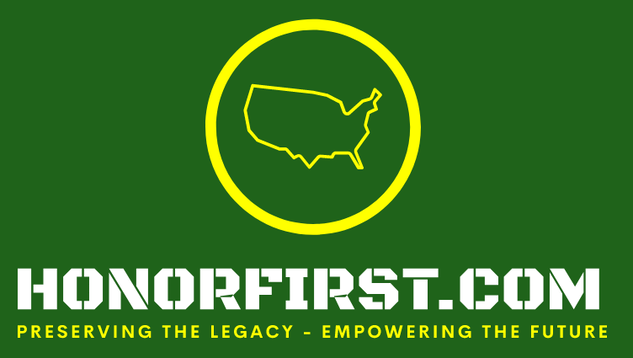

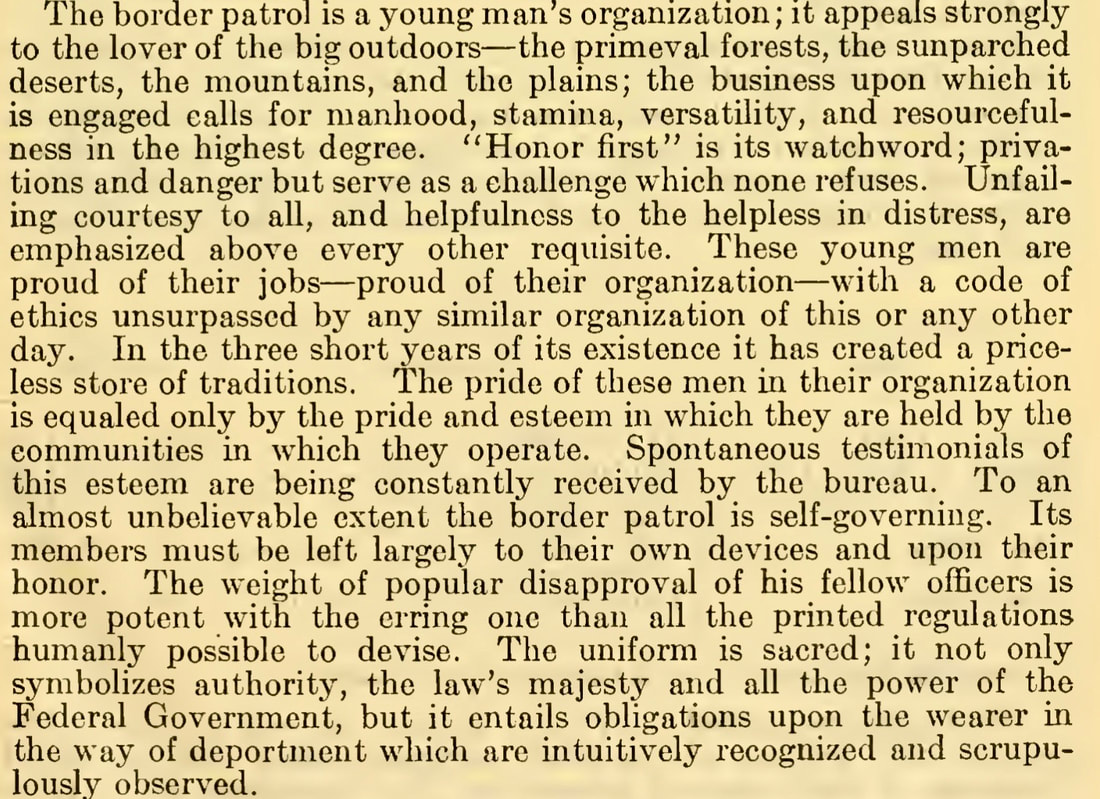
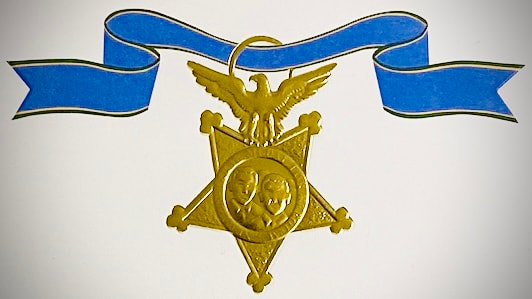
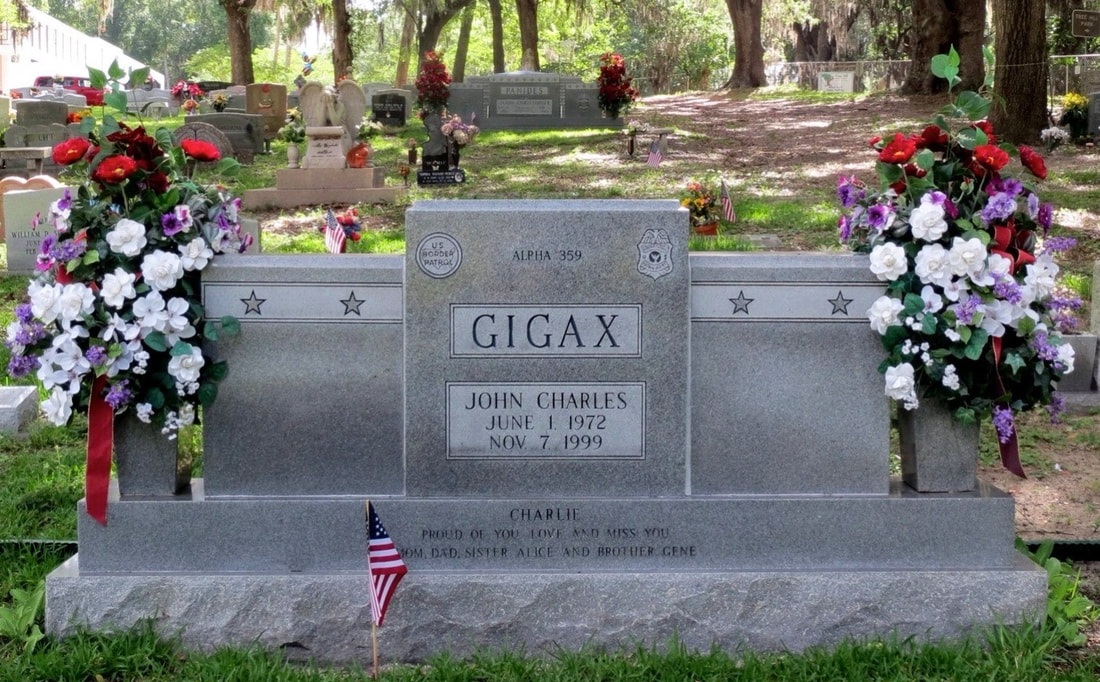
 RSS Feed
RSS Feed
